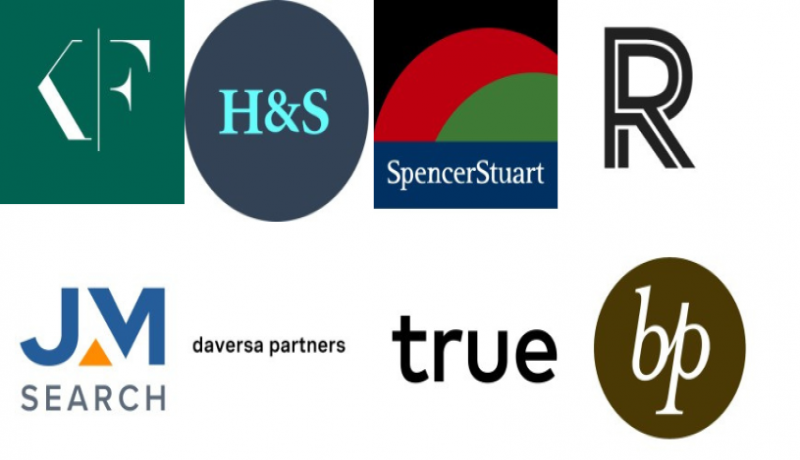Things to Do When You Feel Your Career is Stuck
Career stagnation is a situation where an individual feels stuck or experiences a lack of progress and growth in their professional life. Feeling stuck in your career is a common experience, and it's important to take proactive steps to address it.
Causes of Career Stagnation:
1. Lack of Skill Development
Not acquiring new skills or staying updated with industry trends can lead to a plateau in your career.
2. Limited Networking
A small professional network may limit your exposure to new opportunities or perspectives.
3. Absence of Clear Goals
Without clear career goals, it's easy to lose direction and motivation.
4. Resistance to Change
Being resistant to change or new challenges can hinder career growth.
5. Poor Work-Life Balance
An imbalance between work and personal life can lead to burnout and decreased job satisfaction.
6. Lack of Recognition
If your contributions are not acknowledged, it may lead to feelings of stagnation.
7. Company Culture
A toxic or unsupportive company culture can impact your enthusiasm for work.
8. Personal Factors
Personal issues or external factors may affect your professional performance.
Here are some suggestions to help you navigate through this situation:
1. Self-Reflection
Assess your current situation and identify the specific aspects of your career that feel stagnant.
Reflect on your skills, interests, and values. Are you aligned with your true passions?
2. Set Clear Goals
Define both short-term and long-term career goals. Having a clear direction can give you a sense of purpose.
Break down your goals into smaller, manageable tasks.
3. Skill Development
Identify the skills that are in demand in your field or industry. Consider acquiring new skills or enhancing existing ones through training, workshops, or online courses.
Stay updated on industry trends and technological advancements.
4. Network
Expand your professional network both within and outside your organization. Attend industry events, join professional associations, and connect with colleagues on platforms like LinkedIn.
Networking can provide new opportunities, insights, and perspectives.
5. Seek Feedback
Request feedback from supervisors, colleagues, or mentors. Understand areas where you excel and areas for improvement.
Use constructive criticism as a tool for personal and professional growth.
6. Update Your Resume and Online Presence
Keep your resume and LinkedIn profile current. Highlight your achievements and the value you bring to your role.
Showcase any new skills, certifications, or projects.
7. Explore New Roles
Research other positions within your organization or in different companies that align with your skills and interests.
Be open to exploring new industries or career paths.
8. Mentorship
Seek guidance from a mentor who has experience in your industry. They can provide valuable insights and advice based on their own career journey.
Consider joining mentorship programs offered by professional organizations.
9. Take Initiative
Volunteer for new projects or responsibilities at work. Proactively contribute to the success of your team and organization.
Demonstrate your commitment and capability to handle challenges.
10. Consider Further Education
Evaluate whether pursuing additional education, such as a certification or advanced degree, could enhance your skills and open up new opportunities.
11. Work-Life Balance
Assess your work-life balance. Burnout or dissatisfaction outside of work can impact your professional growth. Ensure you have a healthy balance.
12. Stay Positive and Patient
Recognize that career growth is often a gradual process. Stay positive and be patient with yourself.
Celebrate small victories and milestones along the way.
Remember that everyone's career journey is unique. If you find yourself consistently unhappy or unfulfilled, it might be worth exploring more significant changes, such as a career switch. Always prioritize your well-being and happiness in your professional life.
Your Resume Needs an Upgrade!
If you are a senior executive, then your resume probably needs an upgrade. In your journey to the top, you understand the importance of making a strong first impression. Your resume is often your first impression, and it needs to convey your unique value and experience effectively.
Our Executive Resume Writing Service is designed for leaders like you, who are aiming to elevate their careers to new heights. Upgrade with professional experts to industry recognized formats, fonts, text, content and pleasing design.
Whether you're pursuing a new career opportunity, seeking a promotion, or aiming for a more rewarding role, we are here to help you achieve your goals.
Get started - https://executiveresumewriting.c-suitecvsecure.com/








